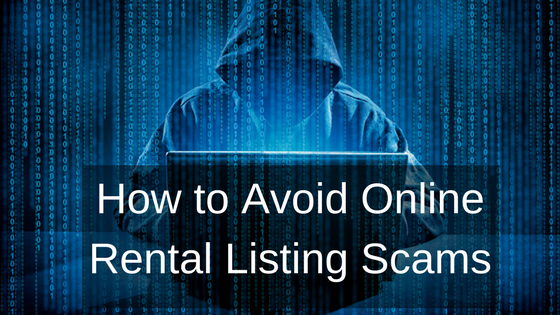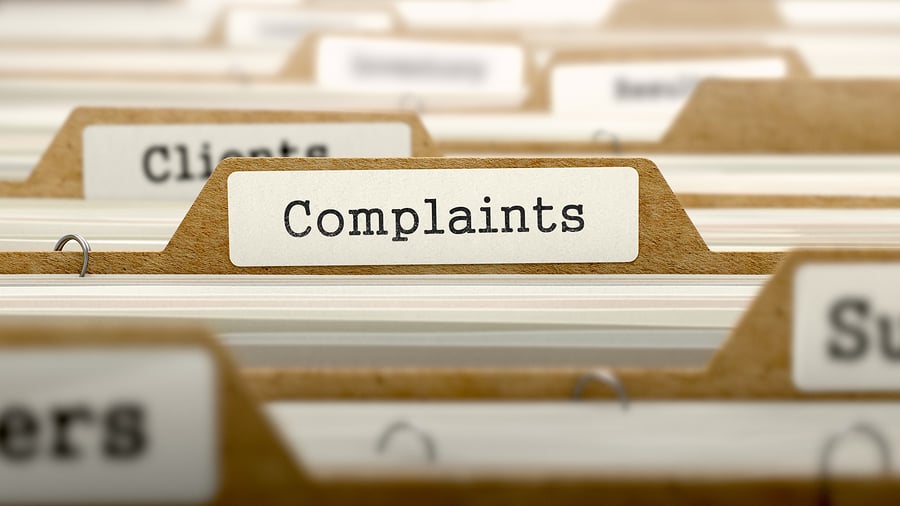 If you’ve ever watched one of the seemingly endless stream of home improvement shows on TV today, you might be thinking of buying a rental property of your own.
If you’ve ever watched one of the seemingly endless stream of home improvement shows on TV today, you might be thinking of buying a rental property of your own.
While there are plenty of ways to make money off a rental, it might not be as easy as what you see on TV. Houses don’t often magically transform from dilapidated to desirable in a matter of weeks, and there’s an inherent amount of risk that goes into any property purchase. But with a little bit of know-how and some hard work you can reap the benefits of being a landlord or success real estate investor!
With that said, if you’re planning to buy a property of your own there are more than a few things to consider. If you’re looking at buying a home in the city, be prepared to pay much higher taxes compared to a similar sized home in a more rural area, where taxes tend to be lower. Also, don’t forget to factor in things like insurance costs, renovation costs, and if the rental is going to generate a positive cash-flow.
To help you put everything into perspective, we’ve put together this list of tips and tricks to make your property purchase a little smoother!
It’s All About Location
As Lord Harold Samuel once said, real estate is all about “location, location, location,” and the saying is as true today as it was several decades ago. It’s important to take into account the area you’re looking to buy in and what factors may drive prices up or down.
For example, homes in areas near colleges are popular rental areas because there is a steady stream of students willing to rent from you. However, there’s also the risk you run by renting to college students who may cause more wear and tear on the property. But homes in less desirable neighborhoods probably won’t command the same rents as those in better areas.
To combat this issue, try to gather as much information as you can about the area, where local jobs are going, what the schools and attractions look like, and if the area you’re searching in is slated to see some growth in the future. While a low property price in a rougher part of town might be alluring, having your rental be in a better neighborhood may be much more beneficial in the long run.
When looking for a rental, don’t forget to check out the tax information attached to a property as well. Property taxes vary wildly, whether it’s one town over or on the other side of the United States. According to a 2017 article by The Motley Fool, the average American homeowner is paying a little more than $2,100 a year in property taxes, but that can all change based on what state you’re buying in, the value of your home and other factors.
What Condition Is The Property In?
Some people love the idea of buying a fixer-upper dirt cheap and then remodeling it into the house (or rental) of their dreams, but the truth is there’s a lot more that goes into a home purchase than what you see on television. If you aren’t careful, you could be stepping into a situation where you’re spending more money than you planned to for many unforeseen problems you didn’t even know existed.
When buying a rental property, it’s incredibly important to have the home inspected by a professional who can tell you what work needs to be done. According to HomeAdvisor, a home inspection will cost about $325 on average, though the price may vary depending on the size of the home being inspected. While the additional cost might seem like another hassle at first, a professional inspector can tell you what work needs to be done and even prevent you from taking a bad deal on a house that needs more work than you might anticipate.
Once you buy an investment property, the next step is usually fixing it up to make sure it’s suitable for a tenant to actually live in. While some homes might only need a new coat of paint, others will require a lot more time and effort. To cut costs and inject a little personal pride into your property, it might be worth it to take on easier projects like painting, yard work and laying down hardwood. Electrical and plumbing projects, along with demolition projects, might best be left to a professional who can do the job safely and efficiently.
One benefit of hiring a professional to take care of bigger projects is that they understand how to do it correctly. While it might seem like taking a sledgehammer to your walls and scraping off the awful popcorn ceiling in your new living room is an easy task you can do on your own, therein lies the risk of being a rookie repairman.
For example, an experienced home renovator would know that older homes, specifically ones built before the mid-1970s, are likely to contain asbestos, a toxic mineral that can do some pretty serious damage to your lungs if you breathe it in. No level of asbestos exposure is considered safe and the mineral has been tied to several awful diseases, including mesothelioma and asbestosis, two incurable diseases with low survival rates. So, at the very least, it’d be a smart idea to bring in a licensed professional to check your home for asbestos-containing materials and determine what you might be able to do yourself and where it’s best to hire someone to do it for you.
A professional will also know how to deal with other common problems like mold, which grows in damp areas and could alert you to leaks or excess moisture, and lead, which was used in paints and may create toxic dust during renovation.
Is Your Property Worth One Percent?
In the same way seemingly every parent thinks their child is the best, you might think your home is the best deal on the block. The space has nice fixtures, new appliances and even a front porch for nights when your renter might want to sit outside and relax. But even with all of these seemingly attractive features, does your rental property pass the one percent test? For those who don’t know, the one percent rule is pretty simple. You simply multiply the selling price of the home by one percent, and the amount you get is a baseline of what your rent should be to break even.
Granted, the one percent test only takes into account the price of the home and doesn’t include things like taxes, scheduled and unscheduled upkeep and insurance on the property. However, this does allow investors to at least break even on the rental itself and avoid losing money there.
Homes in nicer neighborhoods where the area is on a positive trend are likely to have an easier time passing the test than homes in less desirable neighborhoods and areas where demand, and likely rents, might be lower.
Insurance is also an issue new property owners will have to contend with. If you’re using the rental property for a long-term rental, you will need to purchase a landlord policy. It’s a little more expensive than standard home insurance, but it protects the property in the case of physical damage and covers equipment left on-site that you or the tenant need to use, like appliances and home maintenance items. It’s also suggested that any tenants renting the property buy renter’s insurance, so that they’ll be covered if their items are damaged.
Onto New Adventures
Owning a rental property is a unique and exciting adventure, but it does take a lot of work to get everything off the ground. However, if you can find the right location at the right price, make the home as inviting and safe as possible and pass the one percent test, you’ll be well on your way to making money in real estate!
-This information was provided by Mesothelioma + Asbestos Awareness Center.






